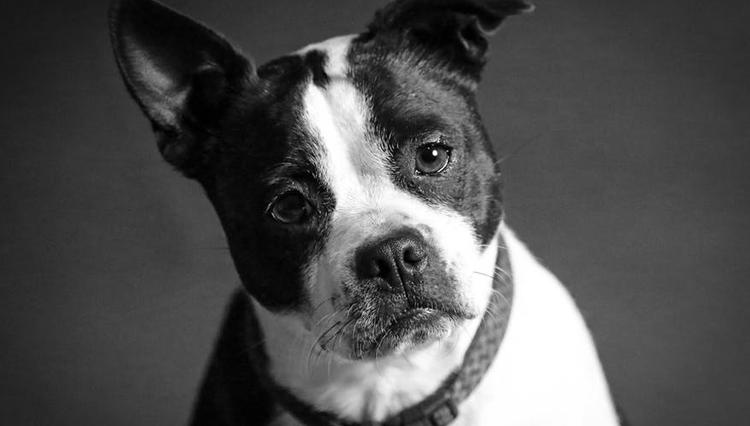HOW TO CARE FOR SENIOR PETS
Senior dogs require special care than those of their younger counterparts. But how do you know when your dog is a senior? Often, a dog’s size plays a role in the aging process. Larger dogs tend to age faster than smaller dogs. Apart from build and breed, nutrition, environment and other genetic factors affect how your dog ages.
One problem most parents of senior dogs face is not knowing when their dog may have developed a health problem. As dogs are adept at hiding their health problems, it is your duty as a pet parent to keep a keen eye on your senior pet and are making changes in his routine to accommodate his bodily changes.
Here are some tips on how to care for your senior pet:
- You must schedule regular visits with your vet as certain diseases are always hidden and prevention of a disease is always cheaper than its cure! Also you must get your pet body conditioned to find out if he is overweight, underweight or ideal weight.
- Feed your dog with good quality of food that is appropriate for his age and lifestyle. You can ask your vet about the the kind of health supplements that would be beneficial for your senior pet.
- Take care of your senior pet’s teeth by brushing it regularly or by offering him dental treats and toys that would help to keep his teeth clean.
- Exercise your senior dog regularly so that he remains physically fit and active. Also the kind of exercise you choose must be tailored to meet his age and physical conditions. Get him plenty of toys and puzzles to keep him entertained and well exercised.
- Provide your dog with warmer and comfortable bedding to sleep. Ramps can be used to make the stairs easily, especially for dogs suffering from arthritis. You can also cover hard surfaces with carpets or rugs to help your dog to get around the house.
Do consult your vet to get to know more about your dog’s progress.

